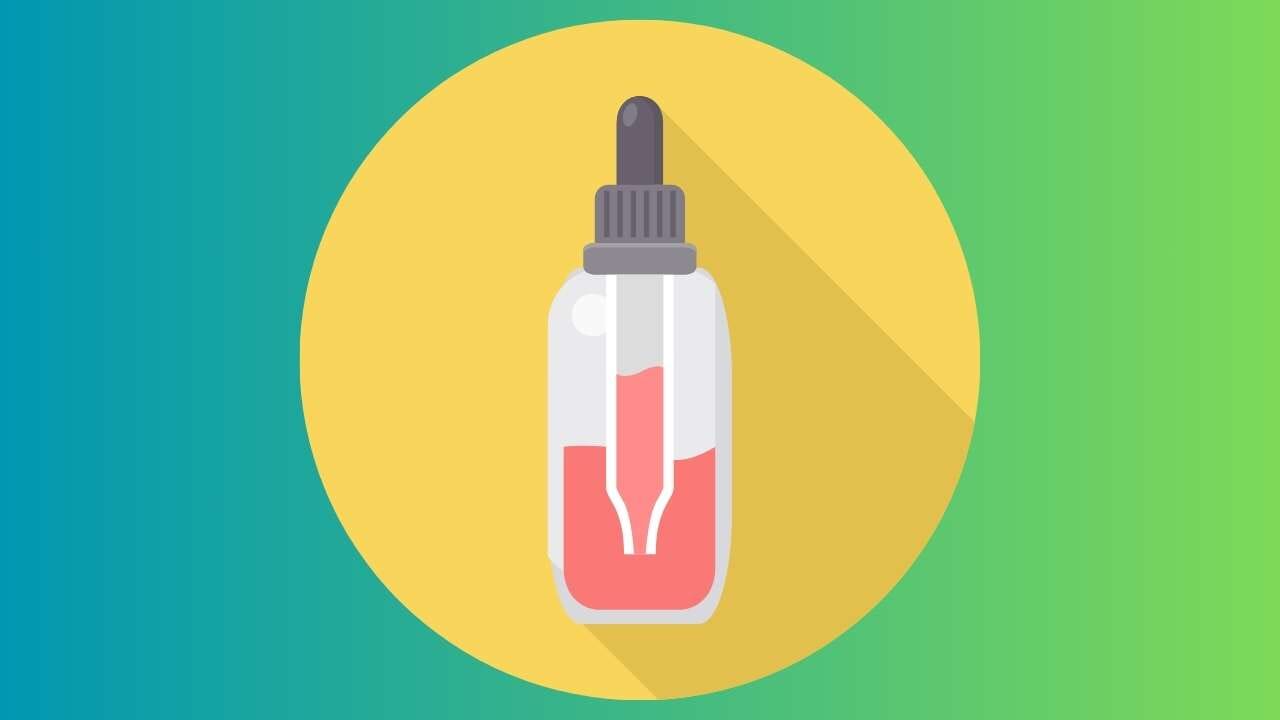How CBD for Insomnia Can Help You Achieve Deep Restful Sleep

Sleep is essential for overall health and well-being. Unfortunately, a significant number of people suffer from insomnia or have trouble sleeping, and this can have a negative impact on their daily life. Traditional treatments for sleep problems include prescription sleep aids, over-the-counter medications, and lifestyle changes. However, many people are turning to CBD as a natural alternative to aid in sleep and help alleviate insomnia.
What is CBD?
Cannabidiol, or CBD, is a natural compound found in the cannabis plant. Unlike THC, the compound responsible for the psychoactive effects of marijuana, CBD does not cause a high. Instead, it has been found to have numerous potential health benefits, including reducing anxiety and depression, relieving pain, and promoting sleep.
How Does CBD Help with Sleep?
The endocannabinoid system (ECS) is a complex cell-signaling system that plays a role in regulating sleep, among other things. The ECS consists of cannabinoid receptors, endocannabinoids, and enzymes that break down endocannabinoids. CBD interacts with the ECS in a variety of ways, potentially promoting better sleep in the following ways:
-
Reducing Anxiety and Stress
Anxiety and stress are common causes of insomnia. CBD has been found to have anxiolytic properties, meaning it can reduce anxiety and stress levels. In one study, participants who took CBD reported lower anxiety levels and better sleep than those who took a placebo.
-
Alleviating Pain
Pain can also interfere with sleep, and CBD has been found to have analgesic properties, meaning it can help alleviate pain. In one study, participants who took CBD reported lower pain levels and better sleep than those who took a placebo.
-
Regulating Sleep-Wake Cycle
CBD may also play a role in regulating the sleep-wake cycle. In a study on rats, CBD was found to increase total sleep time and improve the quality of sleep. CBD may also interact with the body's melatonin receptors, which play a role in regulating sleep.
-
Promoting Relaxation
CBD may also promote relaxation, making it easier to fall asleep. In one study, participants who took CBD reported feeling more relaxed and less alert than those who took a placebo.
How to Use CBD for Sleep
CBD can be taken in a variety of forms, including:
-
CBD Oil
CBD oil is a concentrated form of CBD that is taken sublingually (under the tongue). It is absorbed into the bloodstream more quickly than other forms of CBD and may provide faster relief.
-
CBD Capsules
CBD capsules are a convenient way to take CBD. They can be taken orally like any other pill and provide a pre-measured dose of CBD.
-
CBD Edibles
CBD edibles are a tasty way to take CBD. They come in a variety of forms, including gummies, chocolates, and baked goods.
-
CBD Topicals
CBD topicals, such as creams and lotions, are applied directly to the skin. They may be useful for localised pain and inflammation.
When it comes to using CBD for sleep, there is no one-size-fits-all approach. The optimal dose and timing of CBD will depend on individual factors, such as weight, metabolism, and the severity of sleep problems. It's important to start with a low dose of CBD and gradually increase it until the desired effect is achieved. It's also important to speak with a healthcare provider before using CBD, especially if taking any medications.
Potential Side Effects of CBD
CBD is generally considered safe, but like any supplement or medication, it can have potential side effects. Some people may experience:
-
Drowsiness
CBD can cause drowsiness, which is desirable for those using it to aid in sleep. However, it can also cause drowsiness during the day, so it's important to take CBD at the right time and in the right dose.
-
Dry Mouth
CBD may also cause dry mouth, which can be alleviated by drinking water or other fluids.
-
Changes in Appetite
CBD may affect appetite in some people, causing them to eat more or less than usual.
-
Changes in Mood
CBD may affect mood in some people, causing them to feel irritable or anxious.
-
Drug Interactions
CBD may interact with certain medications, such as blood thinners and antipsychotics. It's important to speak with a healthcare provider before using CBD if taking any medications.
Conclusion
CBD has shown promise as a natural alternative to aid in sleep and alleviate insomnia. It interacts with the body's endocannabinoid system in a variety of ways, potentially reducing anxiety and stress, alleviating pain, regulating the sleep-wake cycle, and promoting relaxation. CBD can be taken in a variety of forms, including oil, capsules, edibles, and topicals. However, it's important to start with a low dose and speak with a healthcare provider before using CBD, especially if taking any medications. While CBD is generally considered safe, it can have potential side effects, including drowsiness, dry mouth, changes in appetite, changes in mood, and drug interactions.
Overall, CBD for sleep and insomnia is an exciting and promising area of research. More studies are needed to fully understand its potential benefits and risks. However, for those looking for a natural alternative to aid in sleep, CBD may be worth considering.
If you are struggling with sleep or insomnia and are interested in trying CBD oil, head over to our store to find high-quality CBD products specifically formulated to aid in sleep. With a variety of options to choose from, including oils, capsules, and edibles, you are sure to find a product that suits your needs. Don't let sleep problems affect your daily life any longer - try CBD oil from Ichorliquid.co.uk today!








